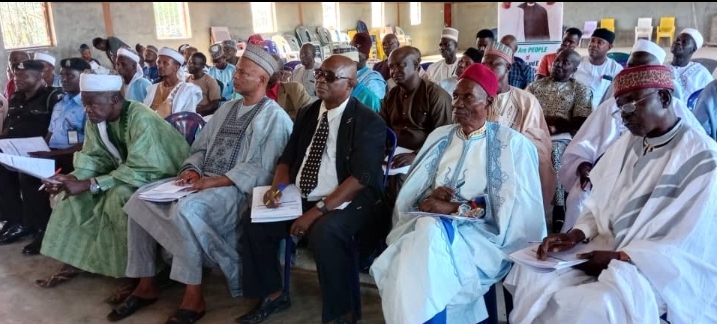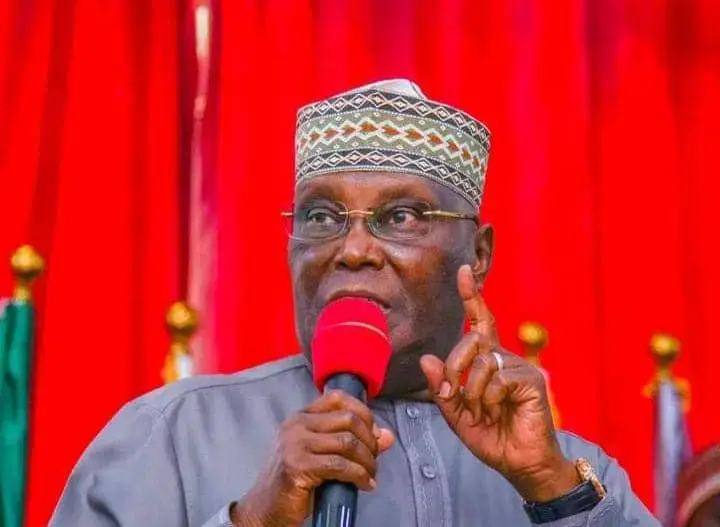By Israel Bulus, Kaduna
A Non-Governmental Organisation, Global Peace Foundation (GBF), in collaboration with S.H Makeri Consult, has trained traditional and religious leaders in Kachia Local Government Area of Kaduna State on Alternative Dispute Resolution (ADR).
Speaking at the training in Kachia, Rev. John Hayab, Country Director of GBF, said the essence of the exercise was to build the capacity of community leaders to become active instruments for resolving conflicts.
“Humanity cannot be separated from differences, and sometimes managing those differences may result in conflict.
“So, the idea is to empower our community leaders with the capacity to amicably resolve disputes within their domains,” he added.
Hayab noted that grassroots leaders needed to exhaust all available avenues to resolve disputes that often lead to violent conflicts in communities.
In his remarks, Sheikh Halliru Maraya, GBF’s Northern Co-ordinator, underscored the pivotal role of community leaders in shaping the destiny of their communities.
He expressed optimism that the training would enhance community leaders’ roles in promoting peace and stability within their domains.
Stephen Makeri, former Customary Court of Appeal President, Kaduna State, said adopting ADR practices will assist the Government in reducing the number of cases in courts.
According to him, the backlog of cases often leads to prolonged legal battles and dissatisfaction among the populace.
Also speaking, Dorcas Daniel, Director at the Multi-Door Courthouse, Kaduna High Court, harped on the importance of ADR in resolving disputes.
Daniel explained that ADR was time-saving, cost-effective, and ensured cordiality in relationships when compared to litigation.
She enjoined the participants to always promote reconciliation among parties through the use of mediation and other ADR mechanisms as the situation demands.
The participants were trained on ADR mechanisms, types of mediation as well as the Multi-Door Courthouse system and its approaches.
Usman Idris, a legal practitioner, presented a paper titled: The Role of Sulhu (Arabic term for reconciliation) in Contemporary Dispute Resolution.
Idris noted that Sulhu was a concept deeply rooted in Islamic teachings which emphasized the importance of resolving disputes in a just and peaceful manner.
On his part, Husseini Abdullahi, Vice-Chairman of Kachia, restated the council’s resolve to support initiatives aimed at fostering harmony and social cohesion.
The Agwom Kachia, Zamani Dogonyaro, who spoke on behalf of the community leaders, commended the organizers of the training for their peace-building efforts in the area.
Represented by Mohammed Buhari, the traditional ruler pledged to step down the training in communities within his domain using the district heads and other community leaders in attendance.











